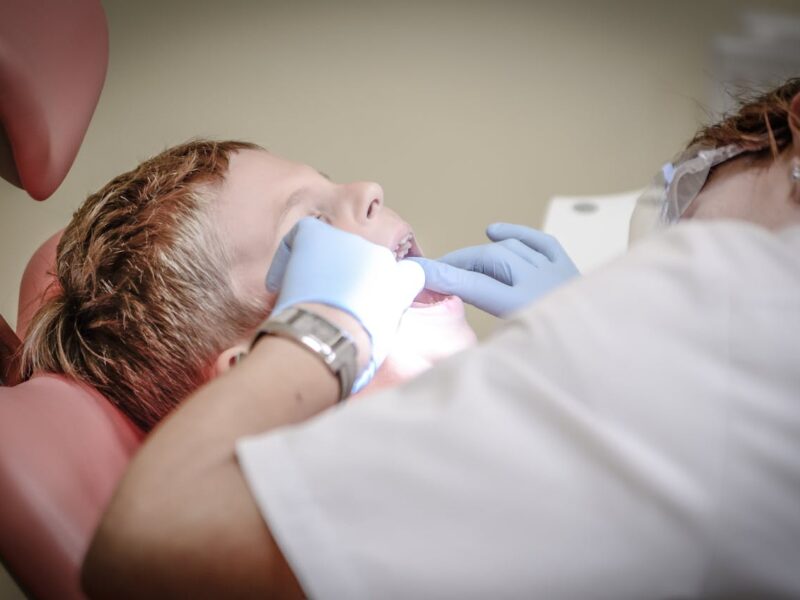Are you seeking to better understand what is a tooth cavity? A cavity is the result of the decay of your tooth enamel from the inside out. Over time, your teeth begin to break down, causing pain, sensitivity, and the eventual loss of the tooth.
A cavity is a common oral health issue, and a cavity in a baby tooth is fairly standard, but it can also be an indicator of more serious issues. Cavities are also addressed with a range of dental services and procedures.
Read on and find out all that you can about dental cavities!
Contents
What Causes a Tooth Cavity
Tooth decay is a result of bacteria in the mouth that feeds off of the food particles left behind. The bacteria creates acid which then eats away at the enamel of the tooth, creating pockets in the tooth.
Other factors and activities that can lead to the formation of tooth cavities are poor oral hygiene, acidic foods, and drinks, smoking, sugary foods, and drinks, taking certain medications, and having a dry mouth.
Additionally, having bacteria-producing acidic saliva in the mouth can result in cavities forming more frequently, and genetics can play a role as well.
Diagnosing and Treating a Tooth Cavity
To diagnose a tooth cavity, a dentist may use visual examinations and x-rays. The dentist needs to find and treat tooth cavities as soon as possible to avoid complications like tooth decay, nerve pain, and even tooth loss. Treating a tooth cavity may include various methods such as fillings, sealants, inlays/onlays, crowns, extractions, or root canals.
Prevention Strategies to Avoid Tooth Cavities
First and foremost, brushing your teeth regularly, preferably twice a day is essential. Flossing and using mouthwash daily also helps, as they help to reduce the presence of plaque and bacteria in the mouth.
Visiting a dentist office in the area regularly and having professional cleanings are also important in decreasing the amount of bacteria and plaque. Reduce your sugar and acid intake, as these substances can lead to increased plaque and cavities.
Adverse Effects of Untreated Tooth Cavities
A tooth cavity is a hole or area of decay in the surface of a tooth. Cavities can form in teeth when bacteria builds up and spreads, causing decay and wear away at the outer layer.
Adverse effects of untreated tooth cavities can include extreme discomfort, abscesses, infection, difficulty eating, and a quite painful sensation when eating cold and hot food. Other potential effects can be damage to the pulp which affects the nerves and the blood vessels, leading to tooth extractions.
Explore What Is a Tooth Cavity
Have we answered your question about what is a tooth cavity? Tooth decay can lead to different problems. Don’t neglect regular dental visits, brush twice daily and limit sugary foods and drinks to prevent cavities and keep your teeth healthy.
It’s worth taking the time to understand what a tooth cavity is, so you can take the best care of your teeth possible! Visit your dentist for more information and advice.
Don’t let tooth cavities cause unhealthy teeth and gums – take the steps to maintain proper oral hygiene today!



